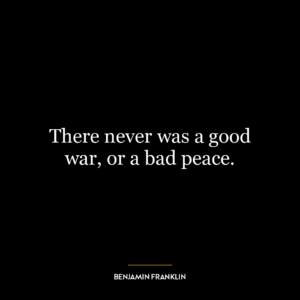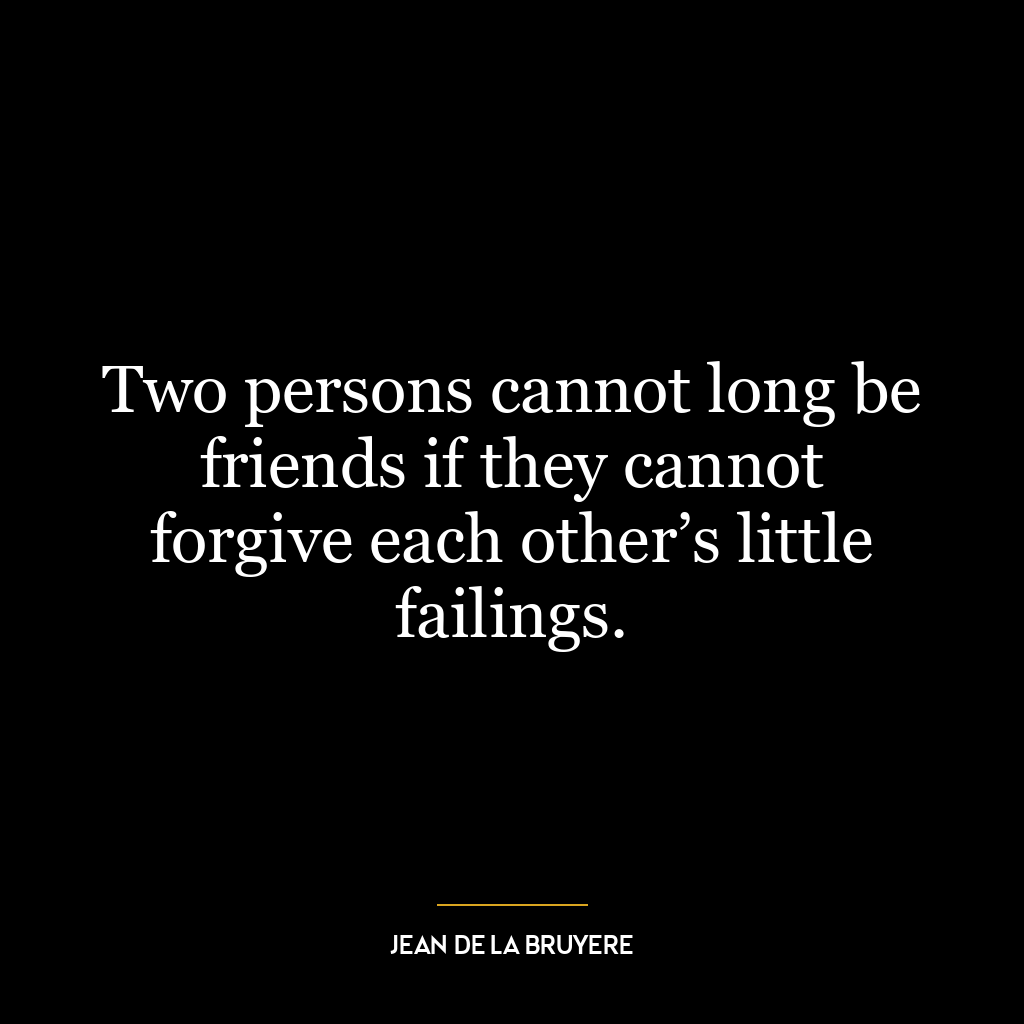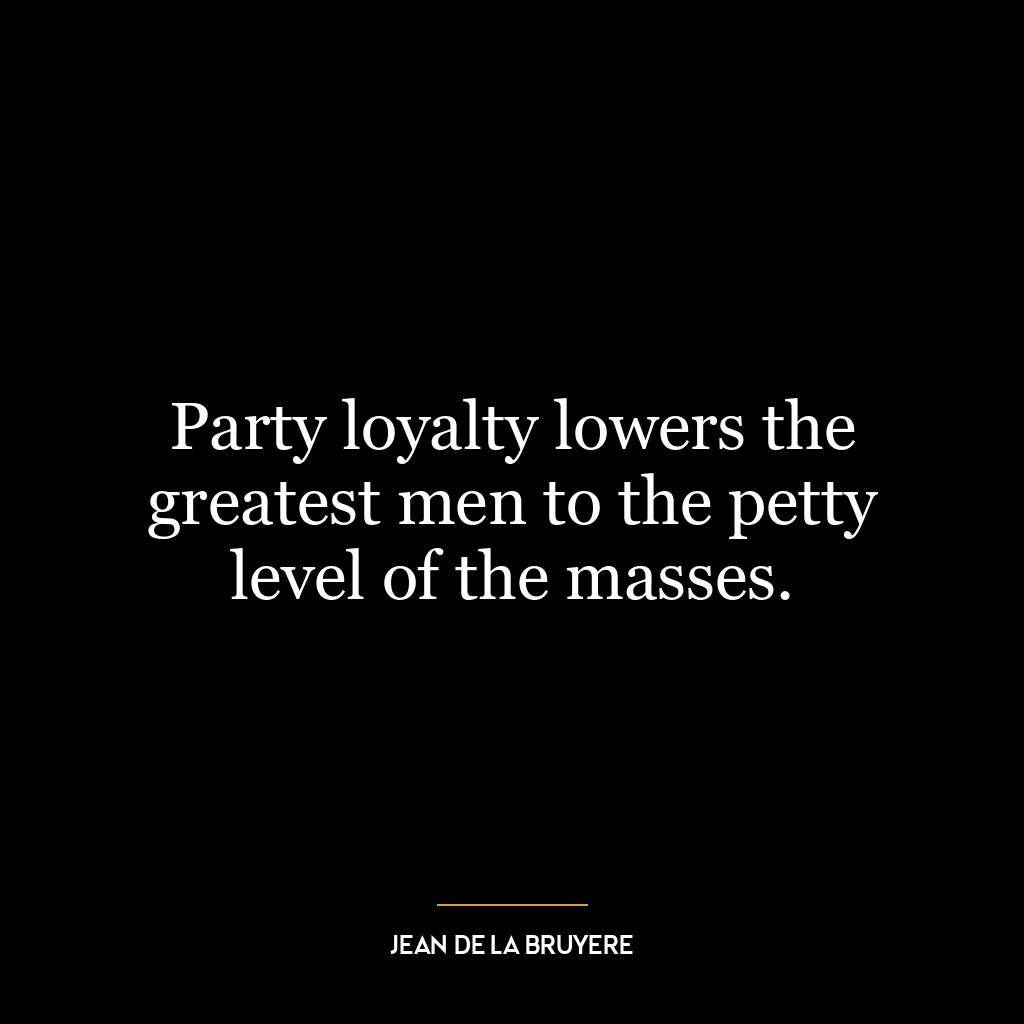A Brother may not be a Friend, but a Friend will always be a Brother.
This quote by Benjamin Franklin signifies the depth of a friendship that transcends the bond of blood relations. It emphasizes that while all brothers may not necessarily be friends due to differences in personality, interests, or misunderstandings, a true friend will always stand by you like a brother, sharing your joys, sorrows, and challenges.
The first part of the quote, “A Brother may not be a Friend,” acknowledges the reality that familial relationships, including those between siblings, are not always harmonious or close. It’s possible to share a bloodline with someone but not necessarily a bond or friendship. This could stem from a variety of factors, such as personality clashes, differing interests, or familial conflict.
The second part of the quote, “but a Friend will always be a Brother,” underscores the depth and loyalty of a true friendship. A friend who is loyal, supportive, and understanding can transcend the boundaries of friendship and become like a brother. This is not about replacing the bond of brotherhood but rather elevating the value of friendship to that of a brotherly bond.
Applying this idea in today’s world, we can see that our society puts a lot of emphasis on family ties, often overlooking the value of friendships. However, as Franklin’s quote suggests, friendships can be just as valuable, if not more so, than familial relationships. Friends who become like family can provide support, understanding, and companionship that one might not receive from their blood relatives.
In terms of personal development, this quote encourages us to value and nurture our friendships. It reminds us that a true friend is not just a companion, but someone who stands by us in times of need, much like a brother would. It also teaches us to be that kind of friend to others, offering support and understanding in their times of need. This perspective can help us build deeper, more meaningful relationships that enrich our lives and personal growth.













